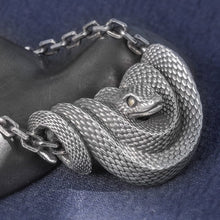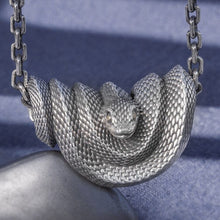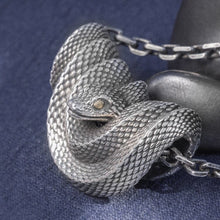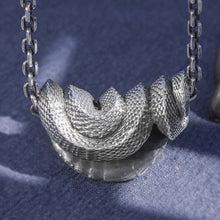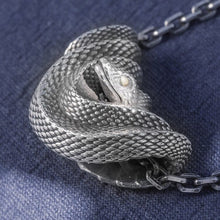
The Pythonidae, commonly known as pythons, are a family of nonvenomous snakes found in Africa, Asia, and Australia. Among its members are some of the largest snakes in the world. Ten genera and 42 species are currently recognized.
Most members of this family are ambush predators, in that they typically remain motionless in a camouflaged position, and then strike suddenly at passing prey. Attacks on humans, although known to occur, are extremely rare.
Pythons use their sharp, backward-curving teeth, four rows in the upper jaw, two in the lower, to grasp prey which is then killed by constriction; after an animal has been grasped to restrain it, the python quickly wraps a number of coils around it. Death occurs primarily by cardiac arrest. Larger specimens usually eat animals about the size of a house cat, but larger food items are known; some large Asian species have been known to take down adult deer, and the African rock python, Python sebae, has been known to eat antelope. All prey is swallowed whole, and may take several days or even weeks to fully digest. Contrary to popular belief, even the larger species, such as the reticulated python, Malayopython reticulatus, do not crush their prey to death; in fact, prey is not even noticeably deformed before it is swallowed. The speed with which the coils are applied is impressive and the force they exert may be significant, but death is caused by cardiac arrest.
Material - 999 Silver
Size - 25 X 36 mm / 0.98 X 1.42 inches
Weight - 42 g / 1.48 Oz





